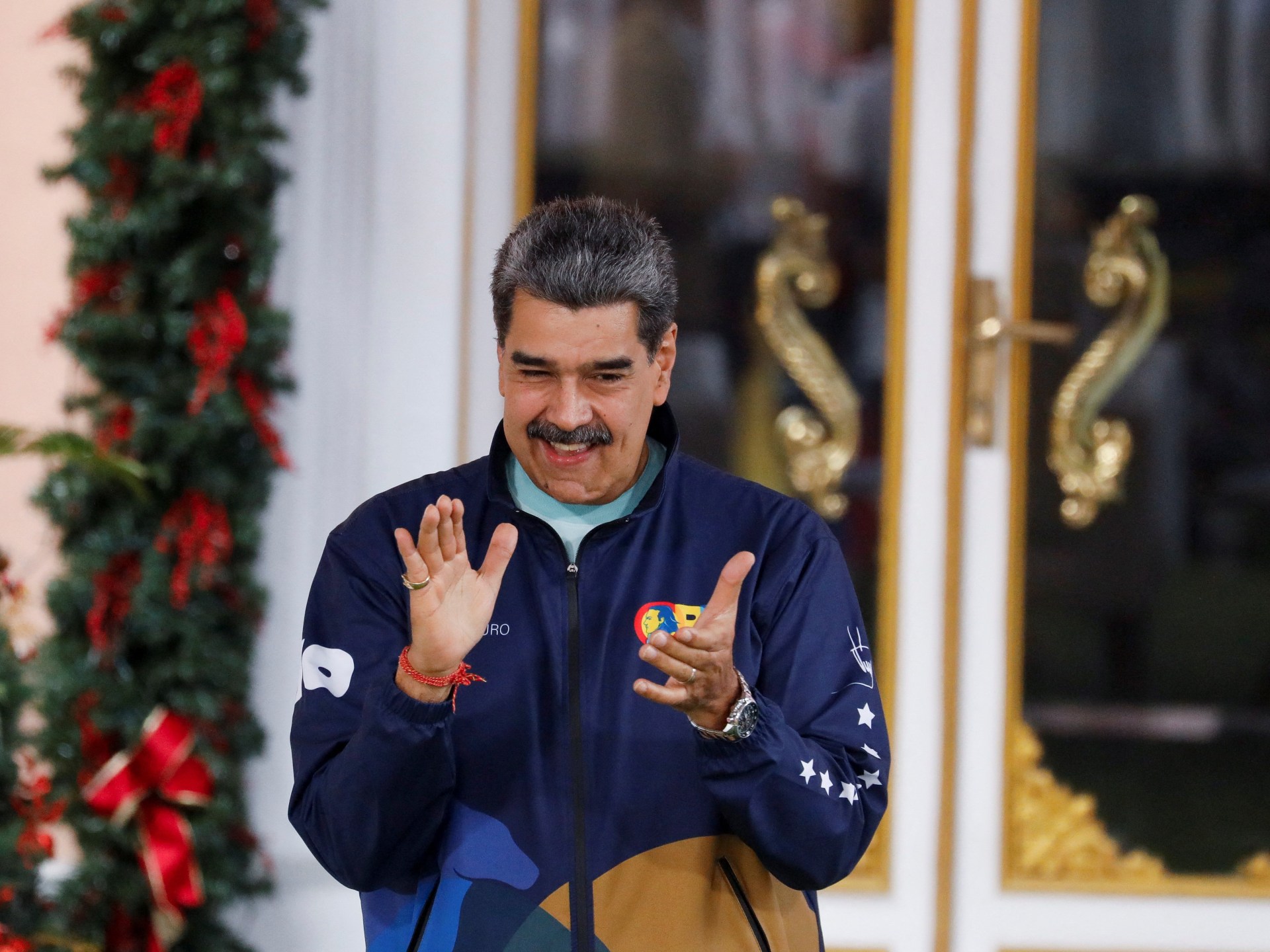Airlines Ground Flights to Venezuela Amid Surging US Tensions and Military Presence
International air travel to Venezuela has been significantly disrupted as six major airlines ceased operations, citing warnings from the United States regarding a “potentially hazardous situation” and “heightened military activity” in the South American nation's airspace. This dramatic development underscores the escalating geopolitical tensions between Washington and Caracas.
Global Carriers Suspend Services
On Saturday, Spain's Iberia, Portugal's TAP, Chile's LATAM, Colombia's Avianca, Brazil's GOL, and Trinidad and Tobago's Caribbean Airlines all announced the suspension of their flights to Venezuela. The Venezuelan Airlines Association confirmed these cancellations, with TAP explicitly linking its decision to the US notice, which stated that “safety conditions in Venezuelan airspace are not guaranteed.” While these carriers halted services, Panama's Copa Airlines, Spain’s Air Europa and PlusUltra, Turkish Airlines, and Venezuela’s LASER reportedly continue to operate. Iberia has suspended flights to Caracas indefinitely, and TAP cancelled flights scheduled for Saturday and the following Tuesday.
US Military Buildup & Anti-Narcotics Operation
The flight suspensions coincide with a significant increase in US military presence in the Caribbean. Washington has deployed troops and the world's largest aircraft carrier as part of what it terms an "anti-narcotics operation." However, President Nicolas Maduro's government views this as a thinly veiled attempt to force a regime change. The US military campaign has involved at least 21 attacks on alleged drug boats in the Caribbean and Pacific, resulting in at least 83 fatalities. Critics argue these operations may violate both international and US domestic law.
The anti-narcotics initiative gained momentum after the Trump administration dramatically increased its reward for information leading to Maduro's arrest or conviction to $50 million, labeling him the “global terrorist leader of the Cartel de los Soles.” Last week, the US officially designated the Venezuelan drug organization, Cartel de los Soles, as a “terrorist” group, accusing Maduro of leadership without providing public evidence.
President Trump's Shifting Stance
Amidst these developments, President Donald Trump has offered mixed signals regarding potential US intervention. Earlier this month, he suggested the US was not heading to war with Caracas but hinted at Maduro's limited time in power. More recently, he indicated openness to talks with Maduro and, when questioned about deploying US troops, stated, "I don’t rule out that. I don’t rule out anything."
Adding to the caution, the US Federal Aviation Agency (FAA) on Friday urged all flights in the area to “exercise caution” due to threats “at all altitudes, including during overflight, the arrival and departure phases of flight, and/or airports and aircraft on the ground.”
Decades of Tension and Sanctions
Tensions between Washington and Caracas have been a defining feature of their relationship since the early 2000s, escalating significantly after Nicolas Maduro succeeded Hugo Chavez in 2013. Successive US administrations have questioned Maduro's legitimacy, imposing severe sanctions on Venezuela's economy and accusing his government of corruption, authoritarianism, and electoral fraud. The Trump administration notably hardened this stance.
Maduro's Defiance and Opposition's Call
President Maduro has vehemently rejected the US actions, accusing Washington of fabricating “pretexts” for war. While expressing a willingness to engage in dialogue, he has also issued stark warnings. “No foreign power will impose its will on our sovereign homeland,” Maduro declared, adding that if “they break peace and persist in their neocolonial intentions, they will face a huge surprise.”
Meanwhile, Venezuelan opposition leader Maria Corina Machado, a recent Nobel Peace Prize winner, articulated her perspective. She argued that calls for “regime change” are misdirected, emphasizing instead the demand for “respect of the will of the people.” Machado, advocating for privatizing Venezuela’s oil sector and attracting foreign investment, stressed that the Venezuelan people would protect an “orderly, peaceful and irreversible” transition.
The current climate of military presence, flight suspensions, and stark political rhetoric suggests a highly volatile situation with uncertain outcomes for Venezuela and its regional stability.

